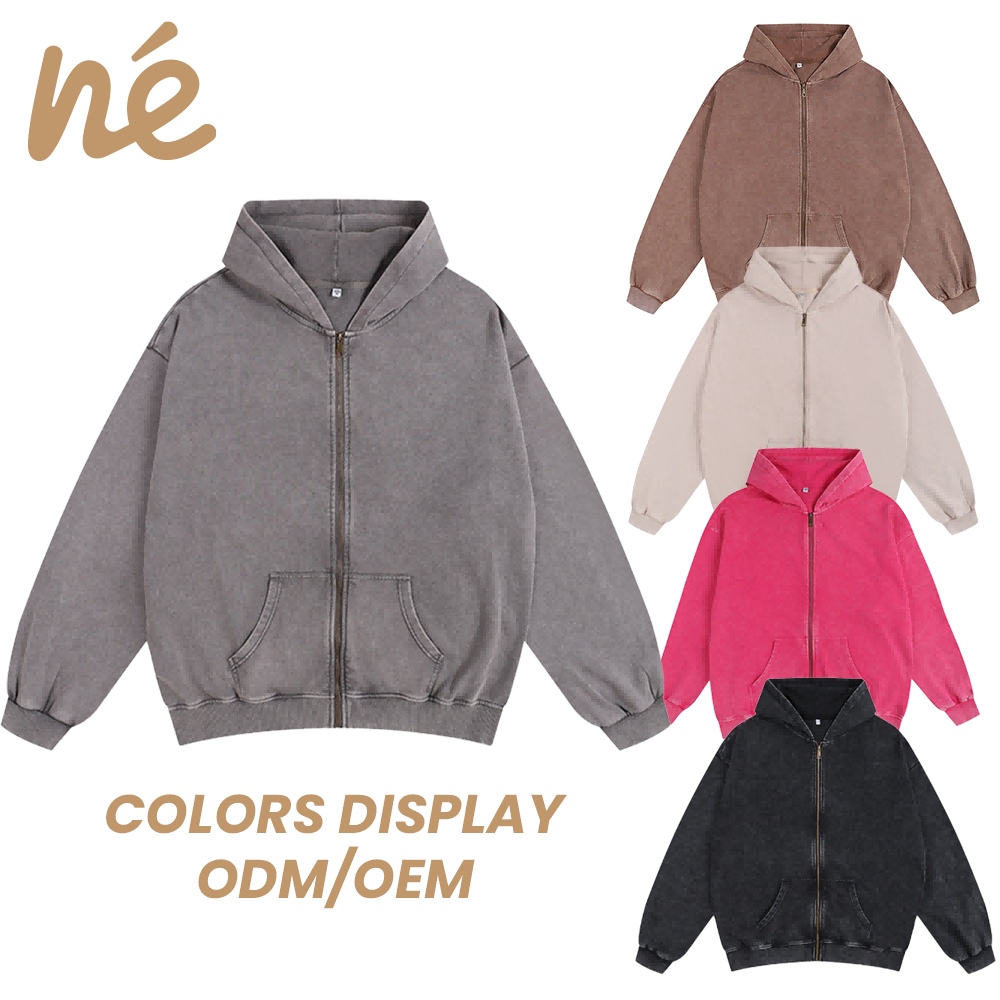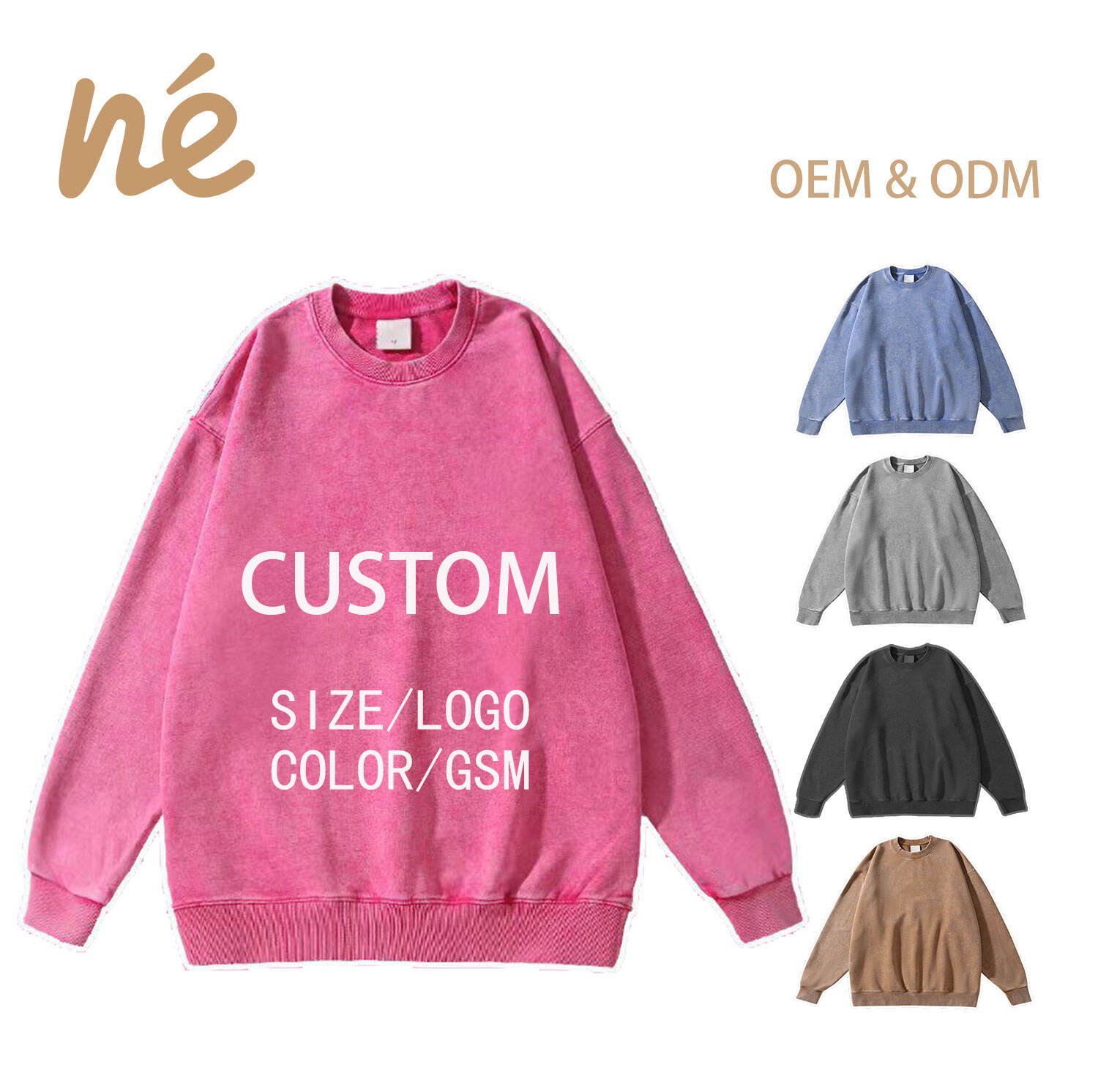designer clothing manufacturers
Designer clothing manufacturers represent the backbone of the fashion industry, serving as crucial intermediaries between creative vision and market-ready garments. These specialized companies combine traditional craftsmanship with cutting-edge technology to produce high-quality apparel that meets exacting standards. Modern manufacturers utilize advanced CAD/CAM systems for precise pattern making, automated cutting machines for consistency, and sophisticated quality control processes throughout production. They employ skilled artisans and technicians who work with state-of-the-art equipment, including computerized embroidery machines, specialized pressing equipment, and advanced fabric treatment technologies. These manufacturers often maintain research and development departments focused on innovative materials, sustainable production methods, and improved manufacturing processes. Their facilities typically feature climate-controlled environments for optimal fabric handling, automated inventory management systems, and stringent quality assurance protocols. Many leading manufacturers have also integrated digital sampling capabilities, reducing prototype development time and environmental impact. Additionally, they implement enterprise resource planning (ERP) systems to streamline operations, from material sourcing to final delivery, ensuring efficient production cycles and consistent quality across large-scale operations.











